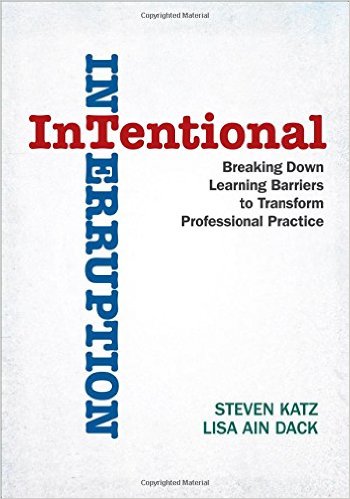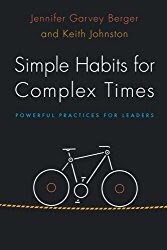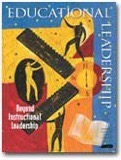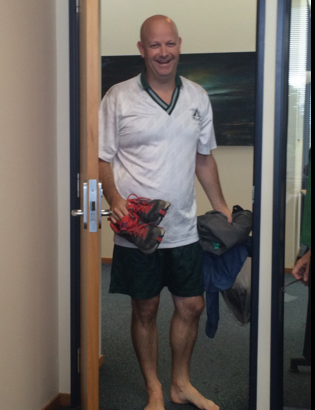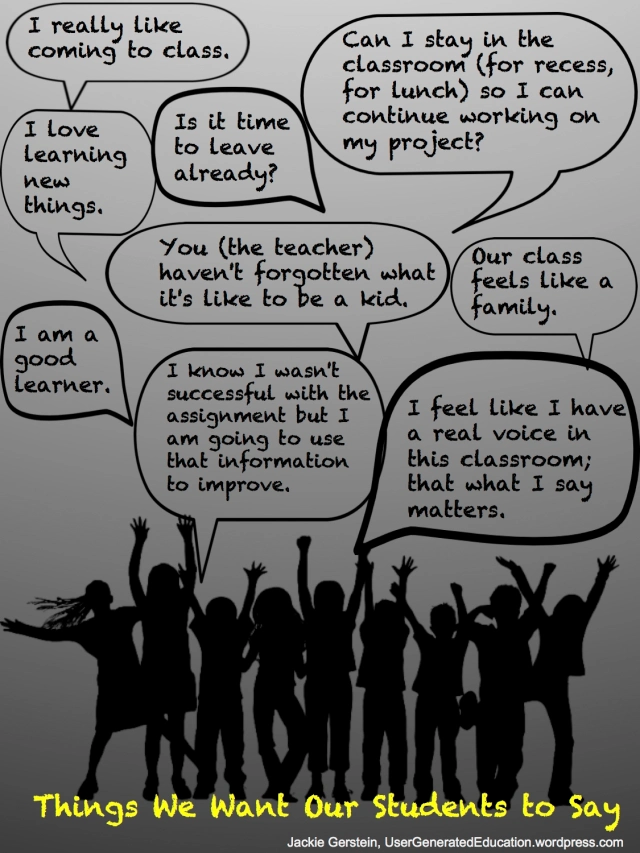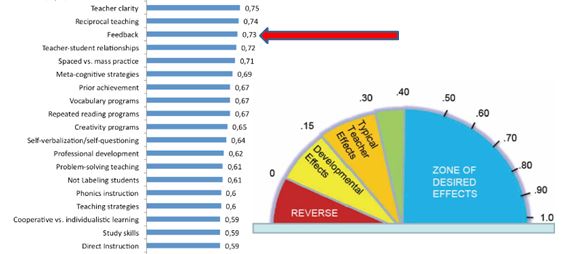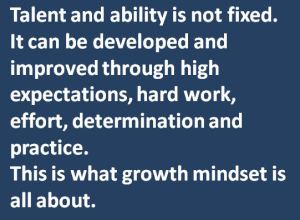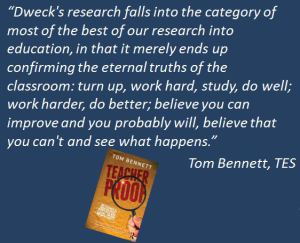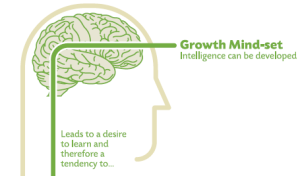 Reporting is a bug bear of teachers. I have had experiences of writing reports so far in advance of them being issued that the points made are either redundant or things have changed so drastically that you want to rewrite your comment. However, the reports needed to be proofed and edited, all spelling mistakes corrected, with ‘school approved’ grammar and terminology applied. The reports went through several sets of hands and in the end, I still question the validity of what was written. Was it honest? Was it powerful feedback? Was it useful for learners? Did we speak ‘learnish’ or did we bombard students and whanau with useless teacher talk which was long but didn’t really say anything?
Reporting is a bug bear of teachers. I have had experiences of writing reports so far in advance of them being issued that the points made are either redundant or things have changed so drastically that you want to rewrite your comment. However, the reports needed to be proofed and edited, all spelling mistakes corrected, with ‘school approved’ grammar and terminology applied. The reports went through several sets of hands and in the end, I still question the validity of what was written. Was it honest? Was it powerful feedback? Was it useful for learners? Did we speak ‘learnish’ or did we bombard students and whanau with useless teacher talk which was long but didn’t really say anything?
As a parent of a secondary school student, I often read the reports he received and thought – so what? Why bother retelling me the course outline or mentioning his results (which were printed above) or telling him he needs to study. Don’t get me wrong, I understand why reports are like this. Part of this is quality control – I’ve been involved in checking and rechecking the reports of other teachers and I can assure anyone that a consistent school-wide approach was needed – part of this is providing information for the parents about the students. However, part of this is that this is the easiest way for the teachers to communicate information.
At Hobsonville Point Secondary School, we are focusing on personalising learning. That means that what is best for the students has to be at the fore in all decisions we are making. Powerful partnerships are key to the pedagogy of HPSS – that means partnerships between students, student and their learning coach, students, whanau and the learning coach, and students and others in the community (local and global). One way to ensure powerful partnerships is through regular conferencing between students and their learning coach.
This one-to-one meeting involves the student and the coach working closely around all aspects of learning. We are just about to embark on our third round of conferencing for 2014 at HPSS. By mid-term, coaches will have met with each student in their learning hub at least three times to look at where they are going, how they are going and where to next. This assessment is happening as they are learning, rather than at the end of their learning, or worse…several weeks or terms after it has finished. Parents and families are getting regular, meaningful and useful information about the secret life of schools and everything that they receive is targeted to their student. Our week 4 conferencing involved the students reflecting on their experiences in a new school and considering what help they needed. I was completely astounded by the depth if information we gathered in 15-20 minutes per student.
- One student identified that he was struggling with the habit of being purposeful around his homework, so he and I set some clear goals and strategies around this.
- Another was feeling bereft at his vague attempts to start a rugby team from the ground up, so we figured out a more aggressive course of action and he’s happily off liaising with our school sports co-ordinator.
- Another student felt that she was really struggling to manage all of the parts of our single sign on online, so we worked together on who in our hub she would ask to help and then I caught up with her over a lunchtime to make sure that she was feeling confident and well-equiped.
- Another student was struggling with one day of her timetable where she was physically active the whole day and she wants to work with our amazing PE staff and her mum (who is a trainer) on building her fitness so that this doesn’t become a problem for the future.
Each of these concerns and the goals and strategies we set around them was particular to each student. There is no one size fits all approach here. As a learning coach, I can reflect on each conference to look for themes and patterns so I can plan for responsive work during our learning hub times.
My favourite part was being able to email the conference summary, which had been co-constructed by the student and I, straight home to the parents/whanau. There was no delay. Parents were getting feedback about their child which was meaningful, in plain English and relevant for that day and that time.
In terms of school wide consistency of grammar and terminology, I had the best ever sets of eyes scrutinising my typing as we were figuring out what we were going to send home. I made typos and spelling mistakes, the students saw and giggled at lots of these! I failed in front of them and it was ok, failing is part of learning. I don’t think it matters whether each conference summary email is consistent. In fact, it would be detrimental to the importance that we place on personalised learning if they were.
